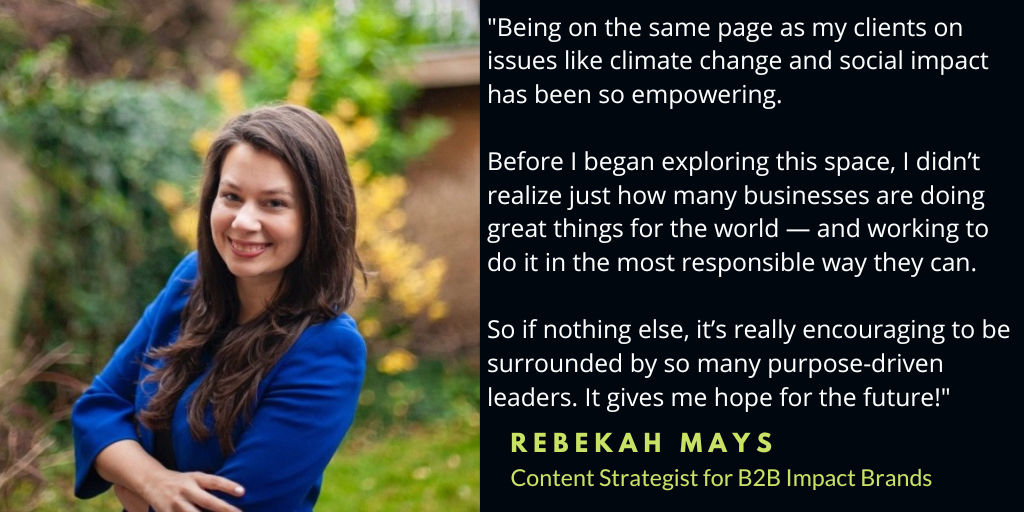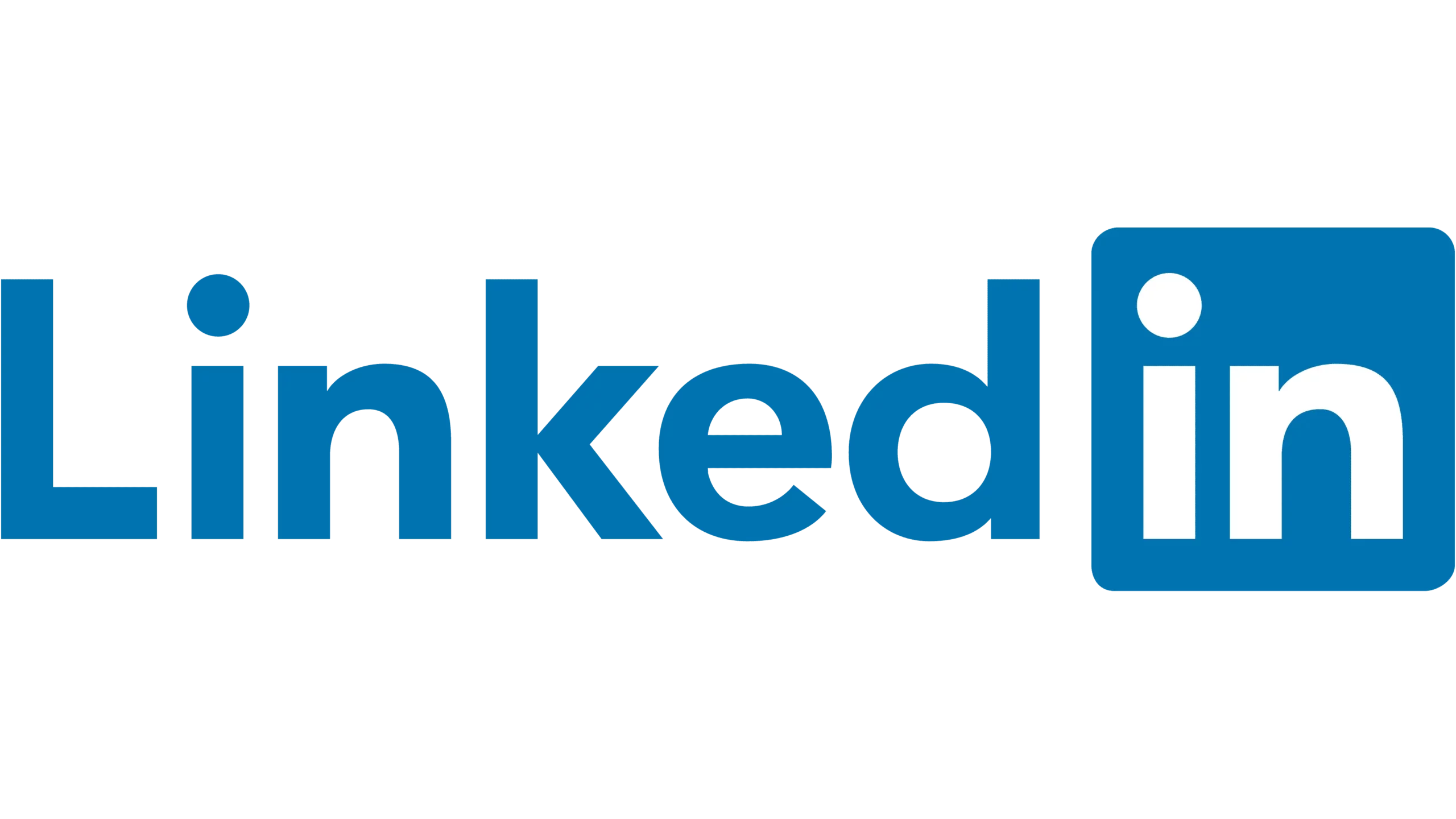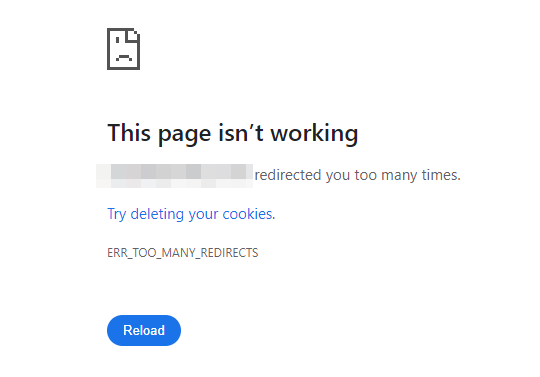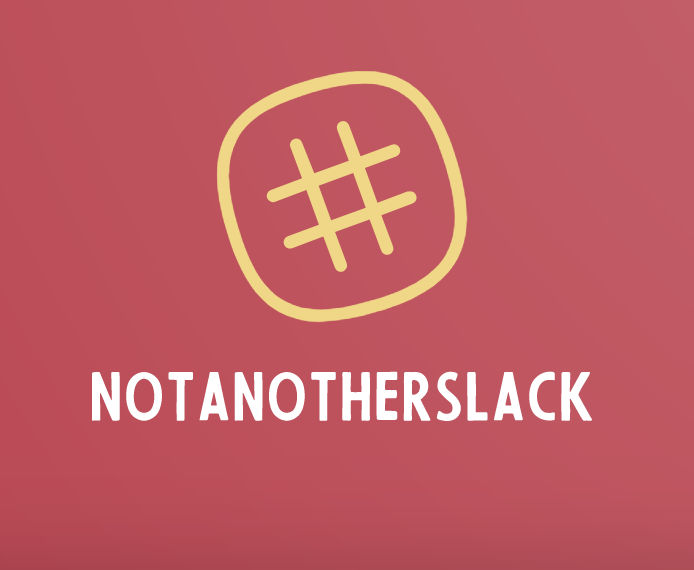I've been aware of Rebekah Mays for a while now, and have always enjoyed reading her thoughts on sustainability and environmentalism. Whilst I honestly can't remember how I first became aware of her, I was really interested to hear how she had transitioned to working with sustainable and impact-driven brands in her role as a content strategist at Thrive Copywriting.
Rebekah is from the United States originally but moved out to the Netherlands several years ago - and this was another point of interest for me personally - having lived outside of my own home country for several years now. I wanted to learn how she made the switch, and how she's finding life in Europe.
Matt: First of all - you’re an American living in the Netherlands. How did that come about, and how have you found life in Europe? Was there a massive adjustment needed to the life and culture over there?
Rebekah: I moved to Europe back in 2013 — it was originally intended to be a year living abroad. I set out to teach English as a Second Language in Prague, make some memories, and then move back to New York. Little did I know I would fall in love with a Dutchman and marry him four years later!
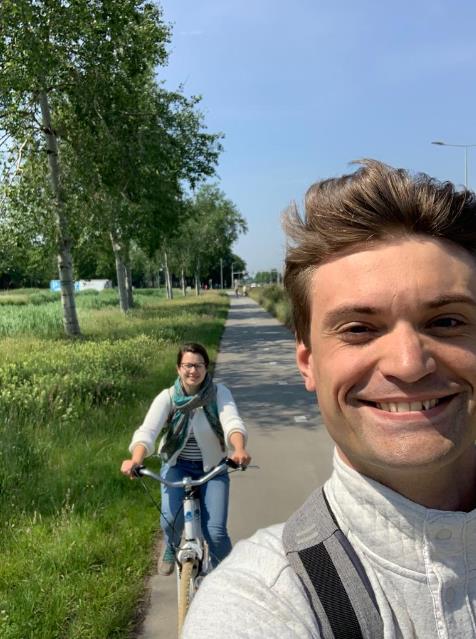
So yes, now we live in The Hague, in the Netherlands. It has definitely been a culture adjustment in some ways. But I kind of feel that these days, we all live in a constant state of culture adjustment, with so many things around us changing.
Matt: Do you feel in terms of working with purpose-driven businesses that you're almost in one of the perfect places for that, being in the Netherlands?
Rebekah: That's a really interesting question because I haven't actually tapped into the market here. Most of my clients are in the US and then I'm also exploring the UK as well. I'm trying to meet more business owners and people there. I do know plenty of B Corps in the Netherlands specifically but because I write in English that is obviously something that affects which kind of businesses I'm working with.
It could be the longer I stay here, the more I'm becoming a part of the business world. In the US, there are a lot of activity around purpose-driven brands and other opportunities. It seems like businesses are driving things forward, whereas in Europe it feels like it's often from the government or scientific associations. I think this may be due to the emphasis on making a profit while doing good, which is more powerful in the US.
Matt: Has it ever been a problem working with clients due to the timezone difference between the US and the Netherlands?
Rebekah: Most of my clients are based in the UK and the US, which can be challenging due to time zones. However, remote work is becoming more common and people are used to it. I would like to meet my clients in person, but that's difficult because of the distance.
I think in terms of getting clients and kind of establishing relationship with them I do think in person networking is so valuable for that and so that's one reason also why I've been looking more at the UK because it's it's an interesting market and it's not so far away from me - I could get there on the train. It's harder to coordinate time-zone wise because for example with the West-Coast of the US where there's a big "for purpose" or green movement, you know they're waking up and I'm finishing my day, so yeah that is challenging.
Matt: And do you think there may be an opportunity to work with more local clients one day?
Rebekah: With any country you're doing business with there's always a little bit of a cultural adjustment to understand how the people think and even within one country there's all these different regions that might think differently.
When it comes to language, that's something I'm always very sensitive to as a communicator and a writer - making sure that if I'm going to do business with someone, I can really understand the language of their audience and be able to use some of that language myself and have it feel natural. That's kind of a challenge when doing international business, because there's so much variety and diversity, but you want to offer the best you can to the client and make sure it's a good fit for them.
Matt: Maybe a stupid question but wouldn't most business events and conferences be in English, or is Dutch still mainly spoken at those events too? How is your Dutch?
Rebekah: It depends, but in general, the Dutch speak perfect English and international events tend to be in English. There was a Cradle to Cradle Institute event in Amsterdam last year that was in English and focused on businesses that are thinking about the full life cycle of a product and building a circular economy. There is a lot of stuff in Dutch as well, but my Dutch is not at a business level. The longer I stay here, the better my language skills will become (I hope), but I don't see myself conducting business in Dutch.
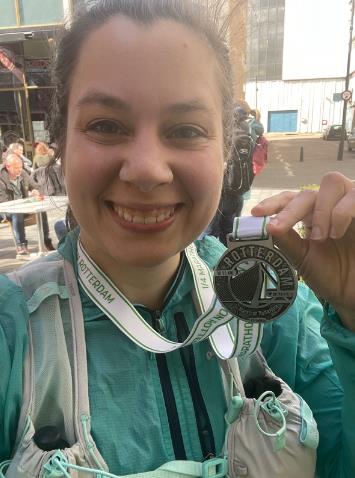
Matt: How long have you been serving “for purpose” businesses - and how did you come to make that decision?
Rebekah: I’ve always been interested in mission and purpose. I have fond memories serving in communications internships for anti-human trafficking NGO’s back in college.
After a few years of teaching and getting my Master’s in literature, I began doing communications and content strategy in the nonprofit space about five years ago.
I’ve been focused on for-profit purpose-driven businesses for a year now — but in many ways it feels like an extension of the work that I’ve been doing for much longer.
Matt: What has been the best thing about serving that type of business as a Content Strategist - what are your favourite things about working with those organisations?
Rebekah: Being on the same page as my clients on issues like climate change and social impact has been so empowering.
Before I began exploring this space, I didn’t realize just how many businesses are doing great things for the world — and working to do it in the most responsible way they can. So if nothing else, it’s really encouraging to be surrounded by so many purpose-driven leaders. It gives me hope for the future!
It’s also a real gift to be able to bring what I have to the table. To find a way to use my skills as a marketer and analytical thinker to improve the world. Of course, we can all keep doing better, but I feel I’m moving in the right direction.
Matt: If you’ve worked with non for-purpose businesses in the past, do you think there’s much difference between working with them - or is it more or less the same at the end of the day?
Rebekah: There’s a spectrum when it comes to purpose-driven businesses, isn’t there? Most business owners I know genuinely want to do some kind of good, even if they’re not out to stop the climate crisis or donate all their profits to charity. So I try not to be too much of a gate-keeper about the term.
But the values behind a business do make a difference. I have seen some companies make unfortunate decisions because they’re worried more about revenue than doing what’s best for their customers. But ironically, I think this hurts them in the long run.
So, yes, I try to work with those I’m most closely aligned with, and only reach out to businesses that are clearly taking action to adopt more sustainable and equitable practices. And that does make a difference for the business’s customers and for a much bigger community that the business is impacting. It’s also just much more pleasant to work with these kinds of businesses.
Matt: What would you say to someone who is on the fence about the content strategy work that they do - perhaps that they are trying too hard to work with everyone. Should they consider niching down to a particular industry or type of copywriting service?
Rebekah: It’s okay if you don’t know right off the bat who your target audience is — it took me some time to find my place, and I’m still constantly learning. But most creatives I know who have found huge success have built experience and a reputation in a particular industry, or with a particular type of client.
If it helps, I wouldn’t think of it necessarily as “niching down” as much as “finding your focus.” My business coach likes to say that if you don’t know who you’re talking to, and can’t speak to specific problems you’re helping your prospects solve, your marketing will just be a blur to them.
Matt: From your website I can see you’re a member of 1% for the Planet. Do you mind sharing briefly what that means exactly, and how you’ve found being a member? Do you recommend others do the same?
Rebekah: Happy to share! 1% for the Planet is a global network of businesses that “donate” at least one percent of their gross sales to environmental NGOs every year. The donations can be a mix of financial and volunteer contributions.
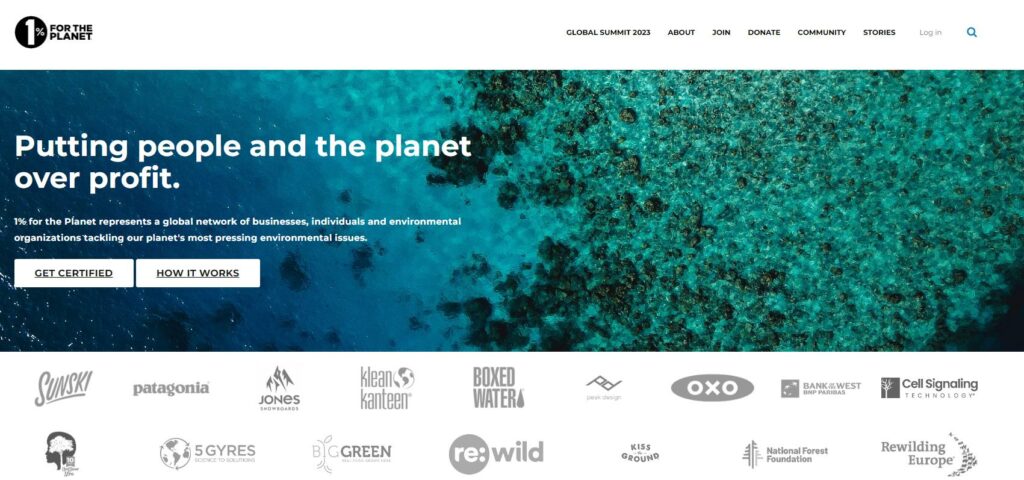
Apparently, only 3% of philanthropy worldwide goes to environmental causes, and so the 1% network is trying to change that.
I became a member in July 2022. The amount I donate is pretty small in the grand scheme of things, but I’m proud to make my environmental contributions — and just generally be part of something that’s much bigger than myself. There’s also quite a community around it, and I’ve learned so much and even landed clients just from attending events affiliated with the network and letting businesses know how I can help.
So yes, I do think the network is worth checking out, if not joining!
Matt: When looking for purpose-driven businesses to work with, which channels do you think have been the best at driving new business?
Rebekah: Industry events have been one of the most important ways to connect with potential clients. Of course, these events are also fantastic at developing my understanding of the issues. I’m attending a Carbon Literacy training in February which I’m super excited to attend, and I think it will also be a great chance to meet potential clients.
Besides attending events, LinkedIn has been crucial for getting in touch with prospects and building a like-minded community. I do quite a lot of outreach on that platform, and then try to post and comment regularly as well to stay top of mind.
I also have my own email newsletter, which is one of my key ways of staying in touch with prospective clients and sharing my content. (Folks can sign up for that if they’re interested on my site.)
I’ve actually reached out to a few people in the last few weeks who say that they’ve been seeing my content on LinkedIn or in my newsletter and have been meaning to reach out … so it seems like it’s working!
Matt: Let's say that there's a cool new Purpose Driven business that is interested in working with you for their content strategy or content work - what is your typical approach with that? Is it simply a case of setting up a call to find out what they need or how do you normally approach when a business comes to you - do you even go as far as to look into their credentials and check if they are actually legit Purpose Driven?
Rebekah: I believe in ethics, but I don't want to judge who is an ethical business, as we're all on the journey. I do want to see that businesses are making an effort to learn, educate themselves, and constantly improve. Currently, I'm in the early stages and doing a lot of outreach, so I get to choose who I work with. I'm targeting certified B Corps and people in the "1% for the Planet" community, as they have some kind of commitment to giving back. If someone reaches out to me or vice versa, the first step is to see if we're a good fit. Then, we have a conversation and I create a proposal or estimate of services that will help them reach their goals. I'm interested in results, not just content or SEO. I want to make sure we're moving in the direction of their desired business results. I'm always thinking about improving my services and am experimenting with a more productized approach with set packages.
Matt: As the owner of Thrive Copywriting, was that a conscious decision to avoid using your name and such limiting yourself as a solo freelancer/consultant? Do you have bigger plans to expand and perhaps employ other people?
Rebekah: Ack! Branding. It’s a challenging area for many freelancers, me included.
I named my business years ago when I was promoting a completely different type of work — direct-response copywriting in the wellness space.
I honestly didn’t put that much thought to my business name back then, I just thought it sounded cool, haha!
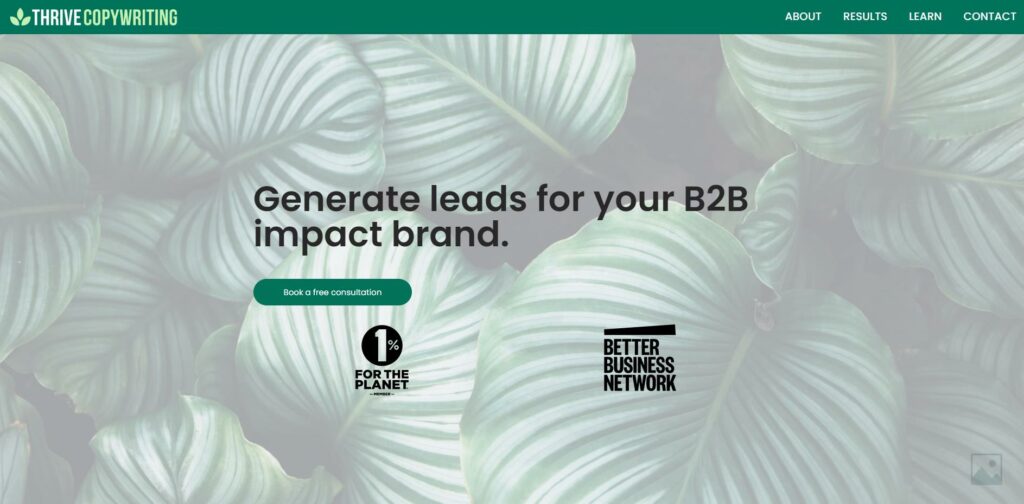
In hindsight, it probably would have been smarter to go with my name, because that would have given me more flexibility. Although I suppose you’re right that it’s limiting in other ways.
I’m actually considering a name update that positions myself more as a consultant.
As I build my client base, I imagine that I’ll also start collaborating more with other creatives. I have no plans at the moment to bring on employees, but never say never!
Matt: You call yourself Thrive Copywriting, but these days you're doing mostly content consulting. How did you shift into content strategy?
Rebekah: It was out of necessity, really. I noticed a pattern where I would start copywriting or even doing something like admin for a client. And then what would become apparent was that yes, they needed someone to write the words, but what they needed even more was someone who could research, come up with ideas, plan, and delegate work to others.
I know the best copywriters do the “strategic thinking” anyway, but the clients don’t always seem to understand that, or be willing to pay a premium for those services while still calling it “copywriting.”
So essentially, I’ve shifted into content strategy because there’s a desperate need for it, and it also works better for me from a business standpoint. So it’s a win-win.
Matt: When dealing with NGO’s, charities and other purpose-driven businesses do you find yourself adjusting the way you deal with them, for example when trying to negotiate new projects?
Rebekah: To some extent. When I’m interacting with someone I consider an “ideal client,” I do everything I can to establish trust from the beginning.
In other words, the more of an ideal client they are, the more time I’m willing to spend reaching out to them, chatting with them about projects, sharing ideas, following up with them — all those things that happen in that early relationship-building phase.
If a business is not as good of a fit for me, I’ll still consider the project, but I certainly won’t bend over backwards to win the work.
Matt: Some people might argue that a less commercially driven business type might not have the same kind of budgets to hire copywriters and other marketers. What’s been your feeling here - do purpose driven brands still pay well?
Rebekah: I think it all depends on the size and health of the businesses we’re talking about.
The strongest businesses, in my mind, deeply care about the impact they’re making on the world … but they also have to care about profit if they’re going to stay in business, pay everyone fairly, serve their customers well, and all that.
Unfortunately, I do see some small businesses struggling to survive because they’re practically giving their products and services away. I think this is an issue for all types of businesses (not just purpose-driven ones).
But it’s true that “profit” has become kind of a dirty word in our space and this can impact what freelancers get paid at the end of the day.
Matt: What would a dream client to work for look like to you? If you're talking about purpose driven business and so on?
Rebekah: The one company everyone is talking about of course is, Patagonia — what it looks like to be both a responsible and really successful company.
I've been very intrigued by Patagonia lately with their content strategy because when you go to their website, the first thing that you see is not their products – it's some social initiative they're trying to do. So they're trying to get people to register to vote, or they're talking about this river in Europe that they're working to save.
It's very interesting because it's not promoting their products. So, I would love to work with them just to kind of understand their thinking behind all of that. It's really about their core mission of saving planet Earth and not just making money from jackets or whatever.
So I would say they're probably the first one that comes to mind. But there's so many other cool brands, and I think the dream would be to take a brand, whether it’s B2B or B2C, and play a role in making them become someone like Patagonia. Because there are many awesome brands with great services or products, great concepts, that are doing something really radical.
So I think the dream would be to play a significant role in helping them become more established and ultimately successful. But, the longer I've been working in this particular industry, the more I’ve realized, wow — there's actually a lot of really, really cool brands. I didn't realize how many different companies were trying all these innovative things and offering eco-friendly solutions or just really trying to do things in a different way. So that's been really encouraging.
Matt: Copywriting has been a service offering whereby people have been taken advantage of in the past - by people haggling about price, trying to get rates down as low as possible, and I think SEO’s and webmasters have probably been guilty of this too. What do you think copywriters need to do in order to protect themselves here?
Rebekah: I have so many thoughts on this question!
Firstly, this might sound harsh … but I think copywriters and other creatives who feel they’re being exploited need to work on their business skills, and not just their creative skills. Lots of creatives I know hate to think of themselves as “business people,” and that’s part of the problem.
Creatives need to know the numbers — what they need to run their business and grow a cash reserve, where expenses might be creeping too high, how long your different projects typically take you, that kind of thing.
One of the other issues here is a marketing issue. Freelancers who aren’t regularly marketing themselves, networking, and generating new leads for their business are going to have a much tougher time negotiating pay — because they don’t have many options.
Ultimately, my opinion is that a lot of it comes down to mindset and self-respect. If you don’t believe you deserve a certain rate, it’s hard for someone else to believe that. This may make me sound very American, but working on mindset and self-confidence is one of the best things you can do for your business, in my opinion. 😉
So I have a couple of recommendations. For learning about the practical, cash management side of things, I’d highly recommend the book Profit First. For working on money mindset, I’d recommend checking out my business mentor — her name is Ilise Benun and she puts out a lot of great, free content on her website marketing-mentor.com.
Keep learning, and don’t be afraid to say no to clients and projects who just aren’t worth it. There are better ones out there, but you may have to push yourself and stretch yourself in new ways to land them.
Matt: On a similar theme - what are your thoughts on using sites like UpWork and Fiverr as a copywriter? Do you think there is a market there for established, experience writers?
Rebekah: I used to be very against those platforms, but I’ve recently heard some insane success stories of copywriters making $200K+ a year from Fiverr!
The catch is that these high-earning Fiverr freelancers work incredibly quickly and efficiently to churn out loads of content and copy.
So I can’t recommend either of these platforms, especially for established freelance writers … but it might not hurt to try them if you’re just starting out.
Matt: On your website you’re quite open about the prices of particular services you offer, from content audits to website rewrites. Do you feel that including prices has worked well to keep away any potential timewasters?
Rebekah: I just give a starting price as an indication, and I provide a more precise quote after an initial conversation where I can better understand their needs.
I’ll admit the starting price is partly to scare away content mills or whoever wants me to write free content for them.
But I hope that including a starting price is an act of compassion for smaller businesses who don’t have those kinds of funds. I don’t want them to waste their time talking to me, only to be shocked by my rates after a 30-minute call.
Matt: How do you feel about AI and as some people are saying it could replace many writers out there?
Rebekah: I read a good book called 21 lessons for the 21st century and the author was talking about AI and how the future of work is going to be very different than it is now.
AI and automation are changing the future of work, including content writing. AI is basically now able to do functional content writing, making it necessary for writers to continuously learn and evolve to stay relevant.
I think that writers should think of themselves as problem solvers rather than being stuck to their services. As technology and marketing change, writers will need to be agile and learn new skills to continue to help clients with their marketing needs. Despite AI's advancements, there will always be a need for a human element in content writing and there may be a role for human writers in supervising and translating AI-generated content to ensure it helps people on a human level.
Matt: Do you have any like favourite tools when you're doing your researching and writing?
Rebekah: I'm still vetting tools to find the best fit. My research is mostly manual, focusing on the audience and their interests. I gather topic ideas from websites they visit and social media in the industry.
Keyword research is important, and Ahrefs and SEMrush are helpful in uncovering deeper insights into what people are looking for. I use these tools to create more content that meets their needs.
Matt: As a content strategist and writer you must at times suffer from failing to find the right ideas. What's your top tip to get out of this dilemma?
Rebekah: If I’m feeling that the “idea well” is dry, it’s usually because I’m stressed or haven’t slept well. So that’s the first thing I try to remember. Otherwise, reading a business book, listening to a podcast, or just chatting with a fellow freelancer might be enough to get the creativity flowing.
Most of the time, my problem is that I’ve got too many ideas and projects, and it’s more a question of prioritizing them.
For that, I really work to pinpoint the top few things I could do each day that will have the biggest impact.
Matt: On the theme of purpose - are there any particular causes that you feel very strongly about? If you could only work with brands that help 1 theme or cause, what would it be?
Rebekah: The environment is probably my biggest cause — and so any brand that’s taking drastic action to address the climate crisis is one I’m super excited to work with.
Patagonia would probably be my dream client, just because they’re so dedicated to transparency and being as ethical as possible. Not many businesses are willing to tell their customers to buy less of their products. I just love that!
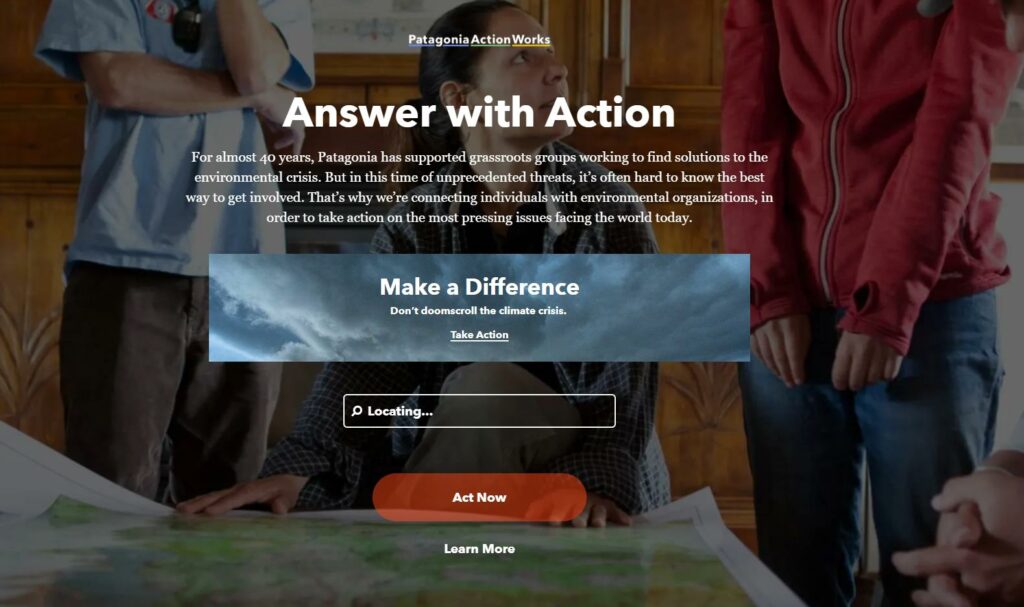
Matt: Outside of the world of marketing - what do you enjoy doing? What do you do when you want to switch off completely from work?
Rebekah: To really switch off, I do love going into nature, or even just taking a walk without headphones.
I also practice Transcendental Meditation, which I’ve found really helps keep my stress levels in check and helps me stay grounded.
In terms of what I enjoy, I write fiction outside of my “work hours.” That’s work, too, so it’s not really switching off, but it does take me to a different place than my more commercial writing.
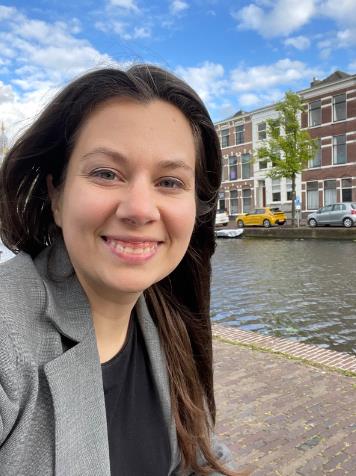
👏 Thanks to Rebekah for sharing her thoughts with me!
I hope you've enjoyed learning more about Rebekah and her life as a content strategist! You can connect with Rebekah at any of the links below:
Rebekah's Website
Rebekah on LinkedIn
If you fancy having a chat about issues around purpose-driven businesses, or anything else that might fall under the ethical marketing category, please don’t hesitate to reach out.

